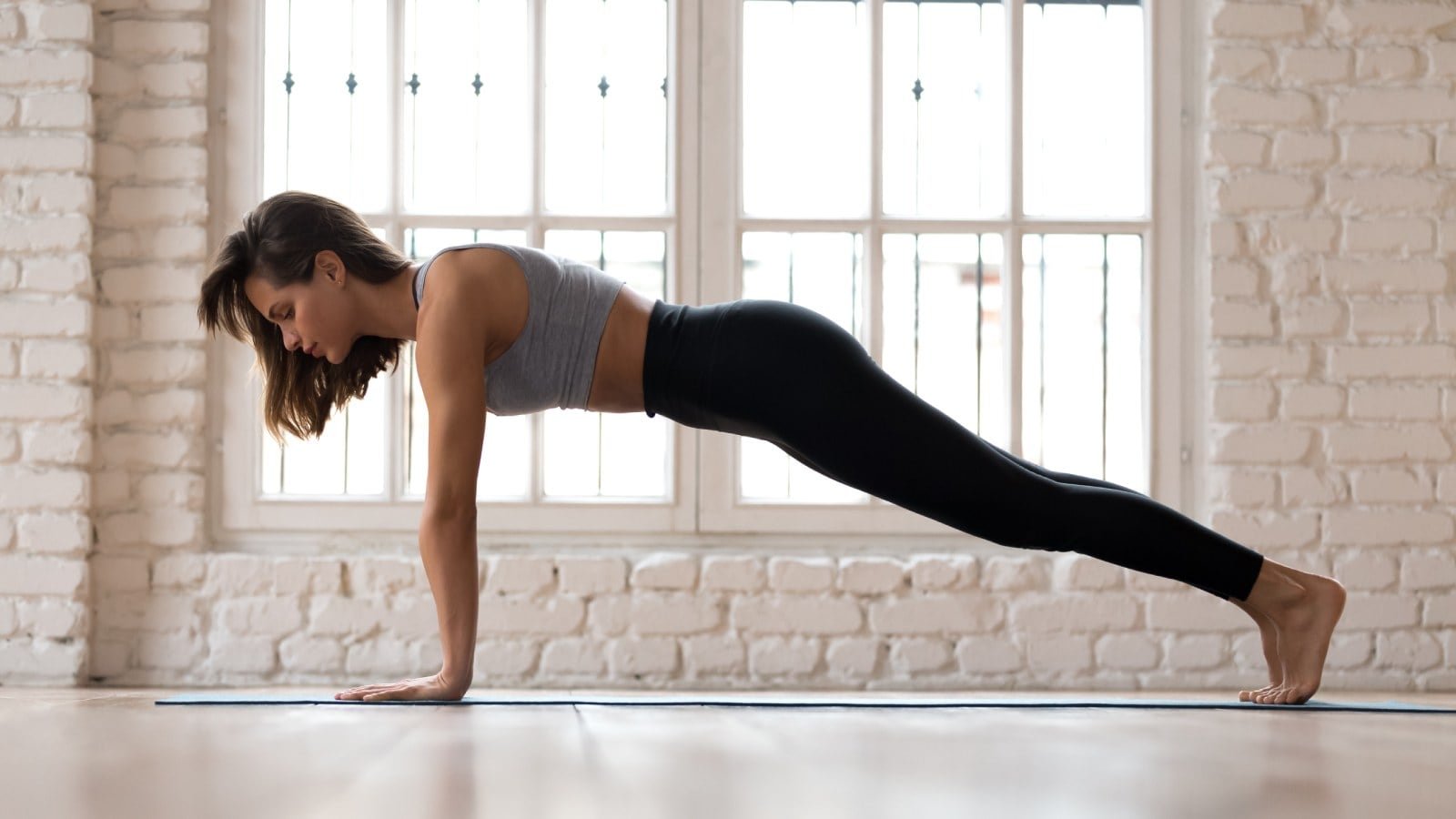Sept. 19, 2022 — If you’re too stressed to sleep, taking time to practice a breathing regimen with ancient roots could help you find your way to slumberland.
The 4-7-8 breathing technique was popularized by Andrew Weil, MD, founder of the Andrew Weil center for Integrative Medicine at the University of Arizona, but it is based on pranayama, the yogic practice of breath regulation, CNN reported.
“What a lot of sleep difficulties are all about is people who struggle to fall asleep because their mind is buzzing,” Rebecca Robbins, a Harvard Medical School instructor and an associate scientist in the division of sleep and circadian disorders at Brigham and Women’s Hospital in Boston, told CNN. “But exercises like the 4-7-8 technique give you the opportunity to practice being at peace. And that’s exactly what we need to do before we go to bed.”
Weil’s website provides these instructions: Put the tip of your tongue behind your upper front teeth and keep it there during the whole exercise. That will make you exhale through your mouth around your tongue and inhale through your nose. Completely exhale with a whoosh sound, then inhale through your nose to a mental count of four. Hold your breath for a seven count. Exhale through your mouth with a whoosh sound for a count of eight.
Repeat this cycle three more times.
“If you have trouble holding your breath, speed the exercise up but keep to the ratio of 4:7:8 for the three phases,” Weil’s website says. “This breathing exercise is a natural tranquilizer for the nervous system.”
Raj Dasgupta, a clinical associate professor of medicine at the University of Southern California’s Keck School of Medicine, told CNN that the 4-7-8 technique appears to activate a person’s para sympathetic nervous system, which is responsible for resting and digesting. The technique reduces activity in the sympathetic nervous system, which is responsible for your fight-or-flight response.
While many people swear by the 4-7-8 technique, its effectiveness is not backed up by much scientific research.
Breathing exercises of all kinds help people relax and get to sleep, Kelly Waters, MD, a sleep medicine physician with Spectrum Health, told Prevention.
“The repetitive nature of breathing techniques is great for the last steps of settling,” she said. “The first stage of sleep is called the ‘hypnic’ stage, and these types of breathing techniques allow for a type of self-hypnosis.”






